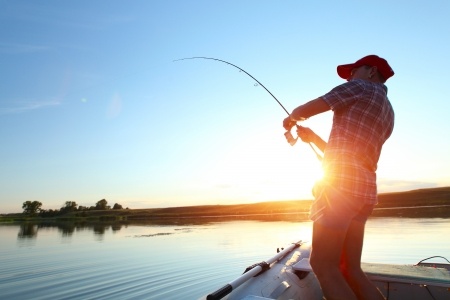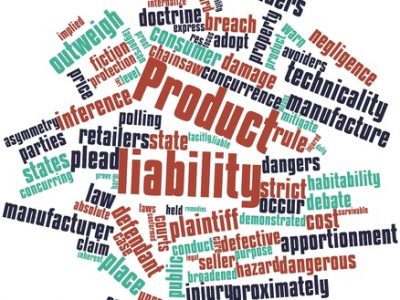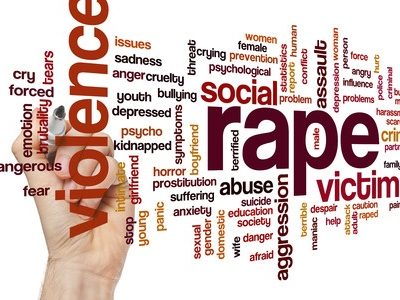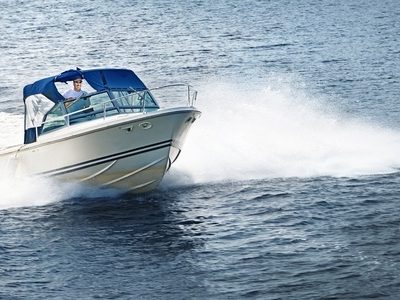

Recreational Fishing Safety Tips
Recreational fishing is a hugely popular sport and means of sustenance for millions of people around the world. There are, however, many things that can go wrong while fishing such as boat engine failure, a fall on the boat deck, boat collision, an accident with a hook, etc. There are many types of fishing, people, and boating situations that can lead to accidents on the water including sport anglers on charter boats, whale watchers, ferry passengers, and harbor tour passengers. Each year hundreds of people die, thousands are injured, and millions of dollars of property damage is incurred because of preventable recreational boating and fishing accidents.
Fishing Safety Tips
1. If you’re on a boat to fish you should be wearing a life jacket. The U.S. Coast Guard estimates that life jackets could have saved the lives of over 80 percent of boating fatality victims.
2. Inspect waterfronts each day that you go out to fish as the water environment changes daily.
3. Follow the rules and don’t fish in areas where it is not permitted. You must trust that these areas have been declared “off limits” to protect wildlife, vegetation, or for your safety.
4. Consider safety factors when choosing a location to fish.
5. Weather changes frequently and is always a factor in safe boating. Set up a weather committee or person in charge of weather forecasting responsibilities.
6. Just like when packing for a hike, bring along extra safety items such as water, flashlights, maps, and a cell phone or GPS radio.
7. Stay dry, warm and protected from the sun, wind, and rain. Wear a waterproof sunscreen with an SPF of at least 15 and reapply every two hours between 10 a.m. and 4 p.m. Wear thin layers of clothing that start light for warm weather, cover up with warm clothes for cold weather and water/wind resistant gear for the final layer. Wear shoes that will keep your feet warm and dry and with good soles to stop a slip on the deck. Wear a hat for sun and rain protection.
8. Bring along insect repellent.
9. Sharpen fishing knives at the start of each season and keep blades covered when not in use.
10. Handle fish carefully, particularly when cleaning with a knife.
11. Use safety glasses when casting.
12. Use caution when baiting and removing hooks.
13. Perform a vessel safety check at the start of each season or go to one of the free safety checks provided around your community.
14. Operator errors account for 70 percent of boating accidents. Take a boating safety course before operating a boat for the first time and every five years to stay fresh on your safety skills.
15. Educate yourself about the potentially lethal boating danger of Carbon Monoxide.
16. Boating under the Influence is a serious offense that can lead to hefty fines and jail time. Alcohol is a factor in one third of all boating accidents.
17. Create a float plan in case of emergency.
Liability for Fishing Accidents
People injured on recreational fishing boat are not seamen covered under the Jones Act but federal maritime law and admiralty jurisdiction could still be a factor in resolving liability in a fishing accident. The plaintiff is usually looking to establish negligence on the part of the owner or operator of the vessel. Winning damages from a lawsuit involving recreational fishing or boating can be very complicated; it often involves conflicts between state and federal law. Your best chance to win damages from your case is to hire an experienced maritime personal injury lawyer like the ones at Tario & Associates, P.S.
Note: Federal Law requires boating operators to file a boating accident report with the State reporting authority.
If you or a loved one were injured in an accident, you have enough to deal with. Let an experienced accident attorney fight for the full compensation that you deserve. It is not uncommon to receive a settlement from the insurance company that is five to ten times larger with the help of a lawyer. Call the skilled personal injury attorneys at Tario & Associates, P.S. in Bellingham, WA today for a FREE consultation! We have been representing residents of Whatcom County, Skagit County, Island County and Snohomish County since 1979. You will pay nothing up front and no attorney fees at all unless we recover damages for you!




